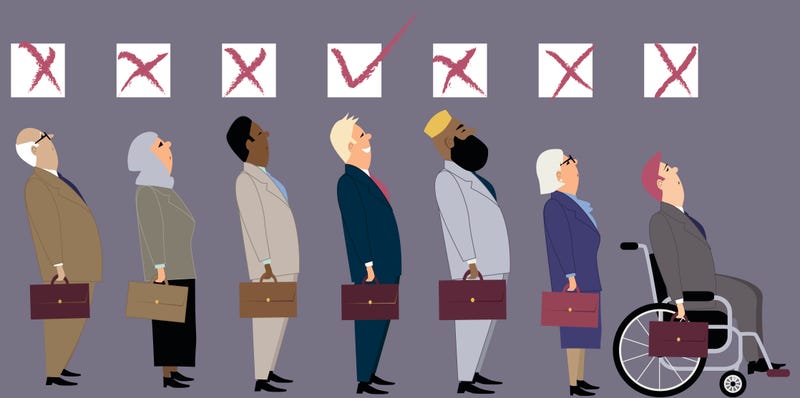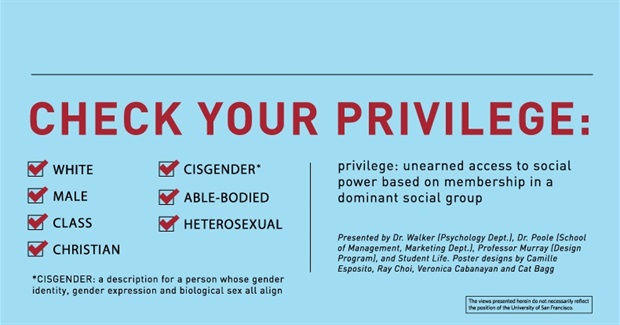Literacy with an Attitude
By: Patrick J. Finn
Talking Points:
1. Preface/Chapter 1
- "First, there is empowering education, which leads to powerful literacy, the kind of literacy that leads to positions of power and authority. Second, there is domesticating education, which leads to functional literacy, literacy that makes a person productive and dependable, but not troublesome."
When thinking about how this applies to our daily lives it kind of reminds me of how some white, English speaking American's have the feelings that immigrants should speak English. So we want them to be literate, enough so that they will be able to purchase an item in your store while speaking in English, but not literate enough so that they are able to open up a competitive store next to yours. Just enough English so that it is convenient, not a bother. Also, as English speaking white Americans, how can we require that level of literacy from immigrants without providing them the means to do so?
- "They expected people in authority to be authoritarian, and I gave them what they expected.
2. Chapter 2
- "In the working-class school, work was following steps in a procedure".
- "In the middle-class school, work was getting the right answer".
- "In the affluent school, work was creative activity carried out independently".
- In the executive elite school, "the point of school work was to achieve, to excel, to prepare for life at the top".
These separate definitions of what work meant at every level of school, as observed by Anyon, were very interesting to me. What really get's me is the fact that I feel like my classroom definition of "work" would be a combination of all 4 of these, so what does that mean?
3. Chapter 14
- "Transforming intellectuals take sides. They are on the side of democracy and social justice".

This author argues that there is so much teaching that needs to be done outside of the "cookie-cutter" curriculum that most school's provide.
Side Note:
Could we go over the oppositional identity a little more in person? I'm understanding it a little but not to the extent that I think I should...





